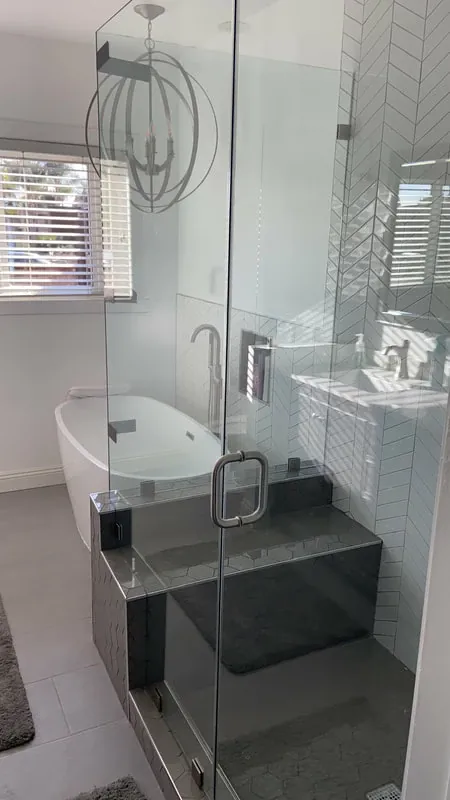In the realm of residential renovations, meticulous planning and preparation play pivotal roles in ensuring a smooth transition from dated interiors to dream homes. However, beyond the captivating allure of sleek designs and modern aesthetics lies an intricate web of legalities and protections often overlooked by homeowners.
It is imperative to comprehend that embarking on a home remodeling project involves more than just selecting tiles or choosing paint colors; it requires navigating through an array of permits and insurances to safeguard investments.
Acquiring the appropriate permits ensures compliance with local building codes, while securing adequate insurance protects against unforeseen circumstances that could potentially derail renovation projects. Understanding these aspects can appear daunting, yet their significance cannot be overemphasized – they form an integral part of the decision-making process for any homeowner contemplating a remodeling project.
This article aims to demystify these elements, providing clarity on how they function as protective measures for investments in home renovations.
Navigating Legalities and Protections for Residential Renovations
Ensuring that residential renovations abide by the relevant legal requirements and are protected by appropriate insurance policies is a crucial aspect of safeguarding one’s investment in home remodeling projects. Understanding and navigating these legalities can be complex, as they vary depending on location, scope of work, and other factors.
For instance, some jurisdictions require permits for any structural changes, while others only necessitate them for extensive renovations or those affecting safety systems like electrical wiring or plumbing. These permits ensure that the renovation complies with local building codes, thus providing a level of protection against substandard workmanship. Additionally, obtaining necessary permits before commencing work can prevent potential fines or legal issues down the line.
Aside from securing permits, it is also advisable to have comprehensive insurance coverage for renovation projects to protect against unforeseen risks such as accidents or damage to property during construction. Different types of insurances cater to various aspects of risk involved in home remodeling; these include builders risk insurance covering property damage caused during construction and liability insurance protecting against third-party injuries or damages. A homeowner may also want to consider an umbrella policy which provides additional coverage beyond standard homeowners’ policies limits.
By understanding these protections and ensuring they are adequately put in place prior to initiating a remodel project, individuals can mitigate risks associated with their investments thereby creating a safe environment where dreams of beautiful living spaces transform into reality without unnecessary stressors.


